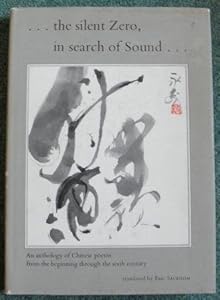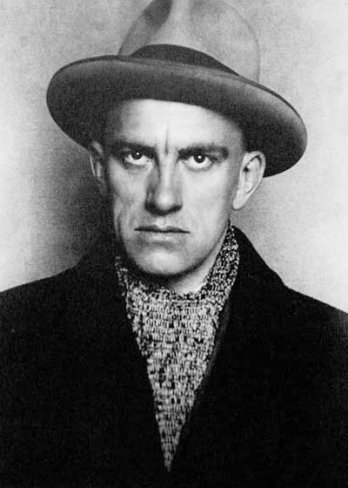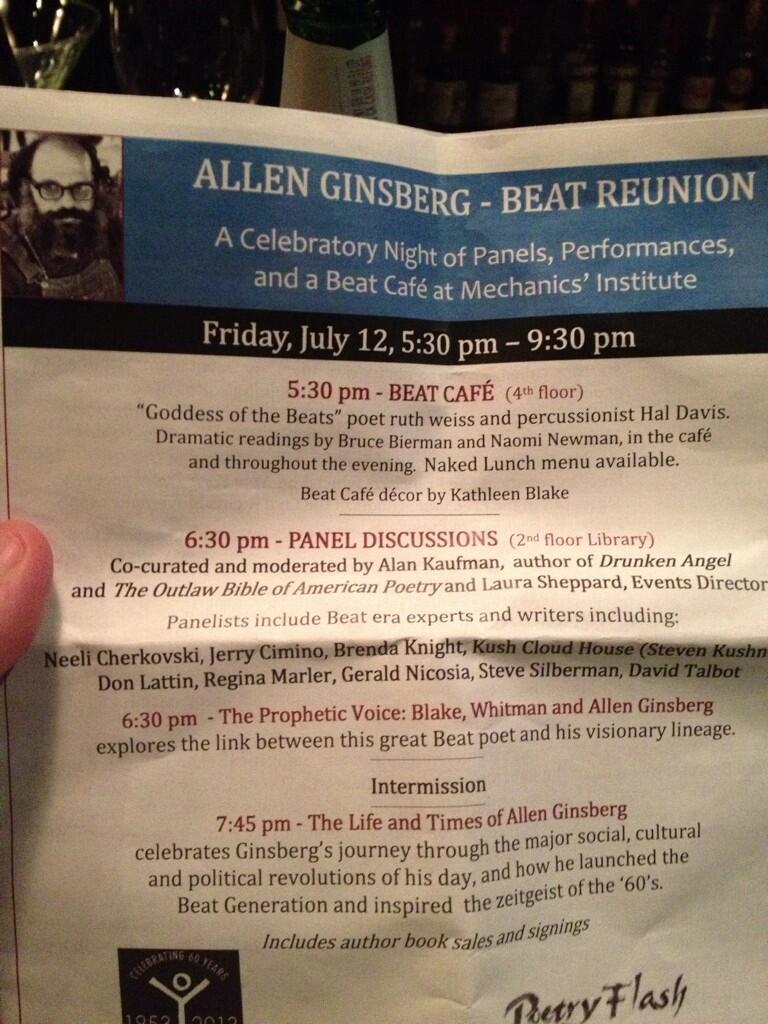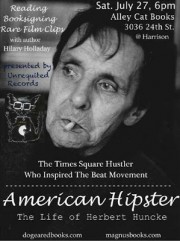
[Vachel Lindsay 1879-1931]
AG: Vachel Lindsay.. Vachel Lindsay, and his attempts at a social poetry (in the sense of "Rhymes to be Traded for Bread"). (He was) a wandering minstrel (as in an older poetic tradition), (with) poems that had a very powerful, hypnotic, rhythmic movement within them (which he (Lindsay) was a specialist in). Now he's considered a big dope and an idiot (which, in some respects, he was), but he had a grasp of, I guess, basic dance rhythm, which most poets in America never did cultivate (a few - Sidney Lanier, who was a musician) - "Song of the Chattahoochee" - is that Lanier? - do you remember?... Lanier was sort of good at rippling rhythm and strong run-on line (a lot of Englishmen had tried it, with the revival of Greek meters, actually - Tennyson has a great number of bravura pieces - but the strongest, in America, probably were Poe, and Lindsay, for just total rhythmic power). How many know Vachel Lindsay's poetry here? How many have never read Lindsay? - Raise your hands - [very few hands] - yeah - so, I'm going to go through some Lindsay and some Poe
(Dates - born) 1879 - and then committed suicide by drinking a bottle of Lysol in a hotel room in 1931. He wandered around the United States, preaching the gospel of beauty. I guess, in the (19)20's, there was a revival, a sort of beatnik-style, bohemian-style, revival - (a) wandering aesthete bard, preaching local particulars, post-Whitmanic, American Romanticism, making use of American artifacts to mythologize for his poems.. but there's one real strong one - "General Booth Enters Into Heaven" (Booth founded the Salvation Army) - [Allen reads, in its entirety, Lindsay's "General Booth Enters Into Heaven" - "Booth led boldly with his big bass drum..."..."Are you washed in the blood of the Lamb?" - And then there is "The Congo", which is a.. actually, I think, one of the most interesting poems ever written in America, totally.. I guess it would be considered, totally racist at this point, and cornball, as far as its anthropology, but completely on (with) rhythmically. It's divided into three parts. It was written 1913-1914 (so, beginning of World War 1), sub-titled "A Study of the Negro Race". The first part is "1) Their Basic Savagery" (sic!), the second is "Their Irrepressible High Spirits" (sic), and the third is "The Hope Of Their Religion". And it has little notes on the side as to how to vocalize it ("A deep rolling bass", then "More deliberate. Solemnly chanted", then, "A rapidly piling climax of speed and racket", "With a philosophic pause", "Shrilly and with a heavily accented meter", "Like the wind in the chimney", "All the o sounds very golden. Heavy accents very heavy. Light accents very light. Last line whispered." And there exists a record of Vachel Lindsay chanting this. He was actually the.. an early Allen Ginsberg of American poetry (sic), going around on platforms to large audiences (Chautauquacircuit, as it was called in those days), out to the Mid-West, like town-halls and high-school auditoriums - I remember my father said he came through (New) Jersey and he recited in Newark (and Paterson also), back in the (19)20's). [Allen proceeds to recite Lindsay's "The Congo" in its entirety - "Fat black bucks in a wine-barrel room.."..."Mumbo...Jumbo..will..hoo-doo..you"].
[Audio for the above remarks (including recording of Allen's recitations of Lindsay's "General Booth Enters Into Heaven" and "The Congo" may be found here, beginning at approximately thirty-one-and-three-quarter minutes in and through to the end ]

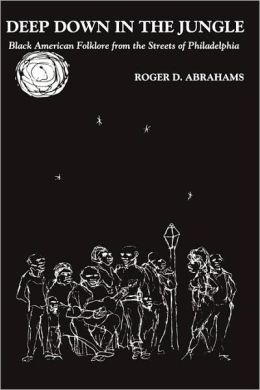


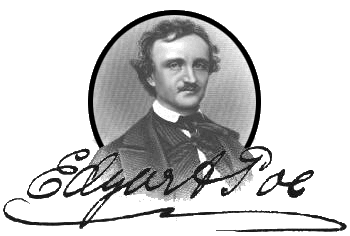


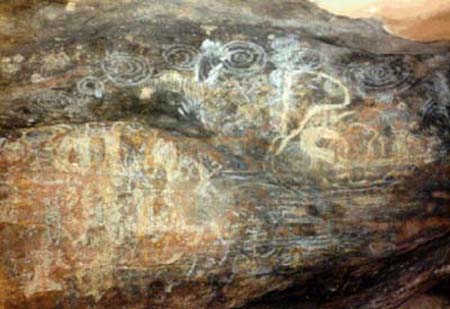




.jpg/640px-Aboriginal_Art_Australia(3).jpg)











